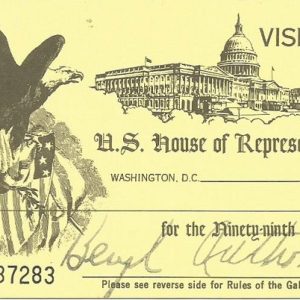 Gallery Pass
Gallery Pass
Entry Category: Government and Politics - Starting with G
 Gallery Pass
Gallery Pass
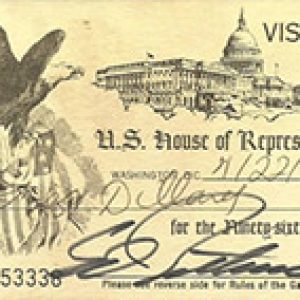 Gallery Pass
Gallery Pass
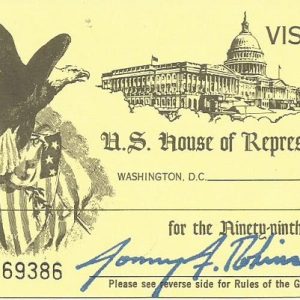 Gallery Pass
Gallery Pass
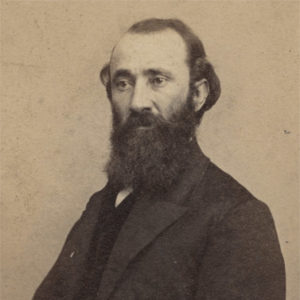 Edward Gantt
Edward Gantt
Gantt, Edward W.
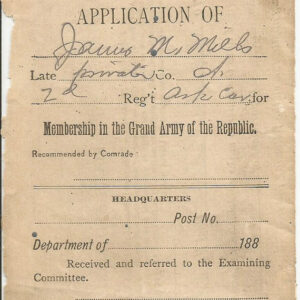 GAR Application
GAR Application
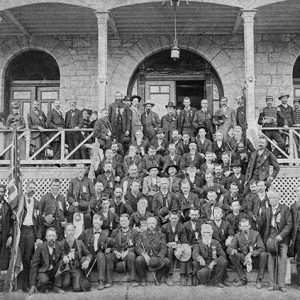 GAR Gathering
GAR Gathering
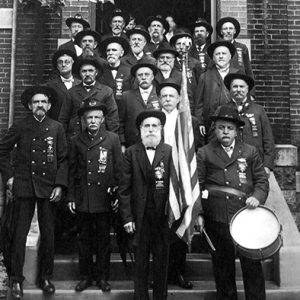 GAR McPherson Post No. 1
GAR McPherson Post No. 1
Garland County Courthouse
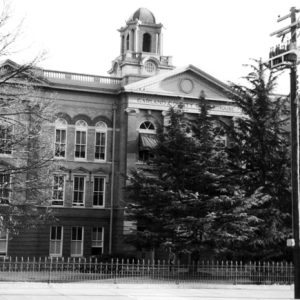 Garland County Courthouse
Garland County Courthouse
Garland, Augustus Hill
Garland, Rufus King
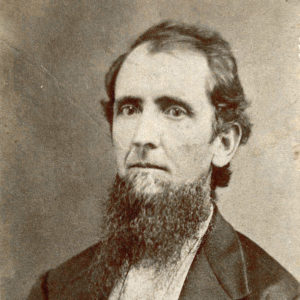 Rufus King Garland
Rufus King Garland
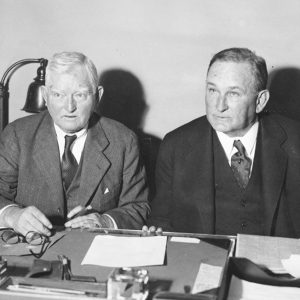 Garner and Robinson
Garner and Robinson
Gathings, Ezekiel Candler “Took”
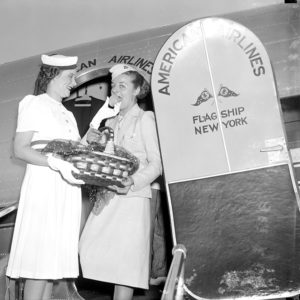 Tolise Gathings
Tolise Gathings
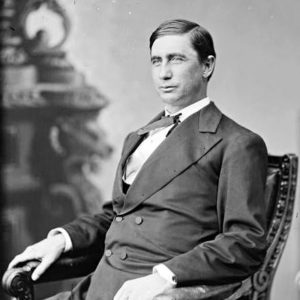 Lucien C. Gause
Lucien C. Gause
Gause, Lucien Coatsworth
General Improvement Fund
Gentry, Thomas Jefferson
George, Charles Lindbergh
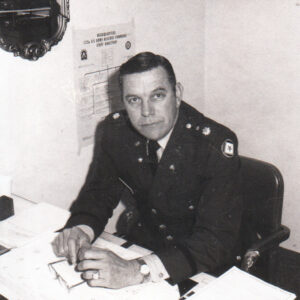 Charles Lindbergh George
Charles Lindbergh George
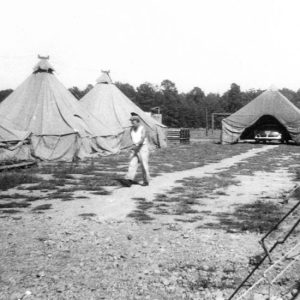 German POW Camp
German POW Camp
GI Revolt
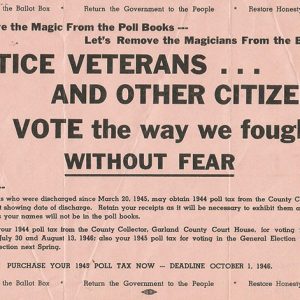 GI Revolt Flyer
GI Revolt Flyer
Gibson, Lorenzo
Gillam, Isaac Taylor
Gillett Coon Supper
Glascock, Darrell
Glasgow Affair
Global Ties Arkansas
aka: Arkansas Council for International Visitors
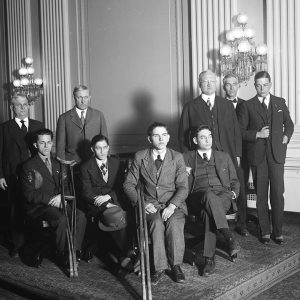 D. D. Glover and Committee
D. D. Glover and Committee
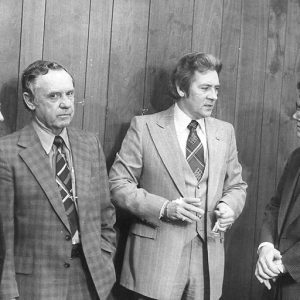 Bobby Glover
Bobby Glover
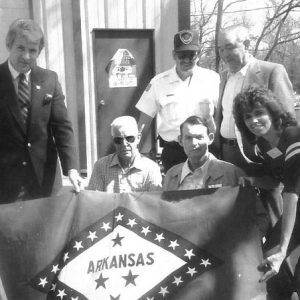 Bobby Glover
Bobby Glover
Glover, D. D.
aka: David Delano Glover
Gober, Hershel Wayne
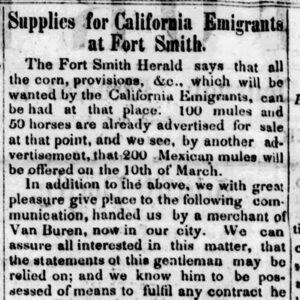 Gold Rush Preparations
Gold Rush Preparations
Good Government Committee (Little Rock)
Goodwin, William Shields
 Gordon Campaign Letter
Gordon Campaign Letter
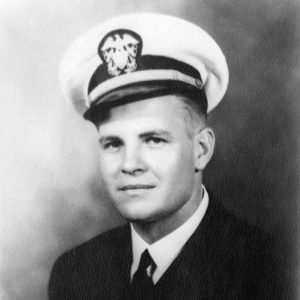 Nathan Gordon
Nathan Gordon
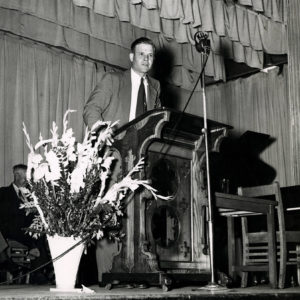 Nathan Gordon
Nathan Gordon
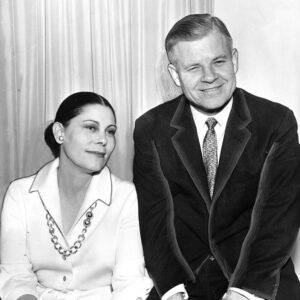 Nathan and Virginia Gordon
Nathan and Virginia Gordon
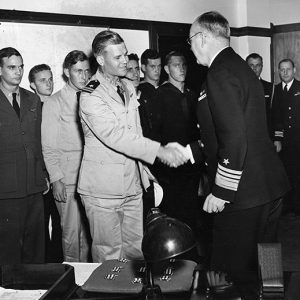 Nathan Gordon Receiving the Medal of Honor
Nathan Gordon Receiving the Medal of Honor
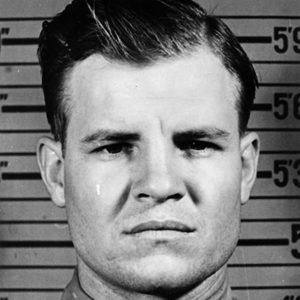 Nathan Gordon
Nathan Gordon
Gordon, Nathan Green
Goss, Kay
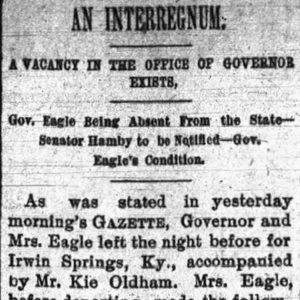 Governor Vacancy Article
Governor Vacancy Article




